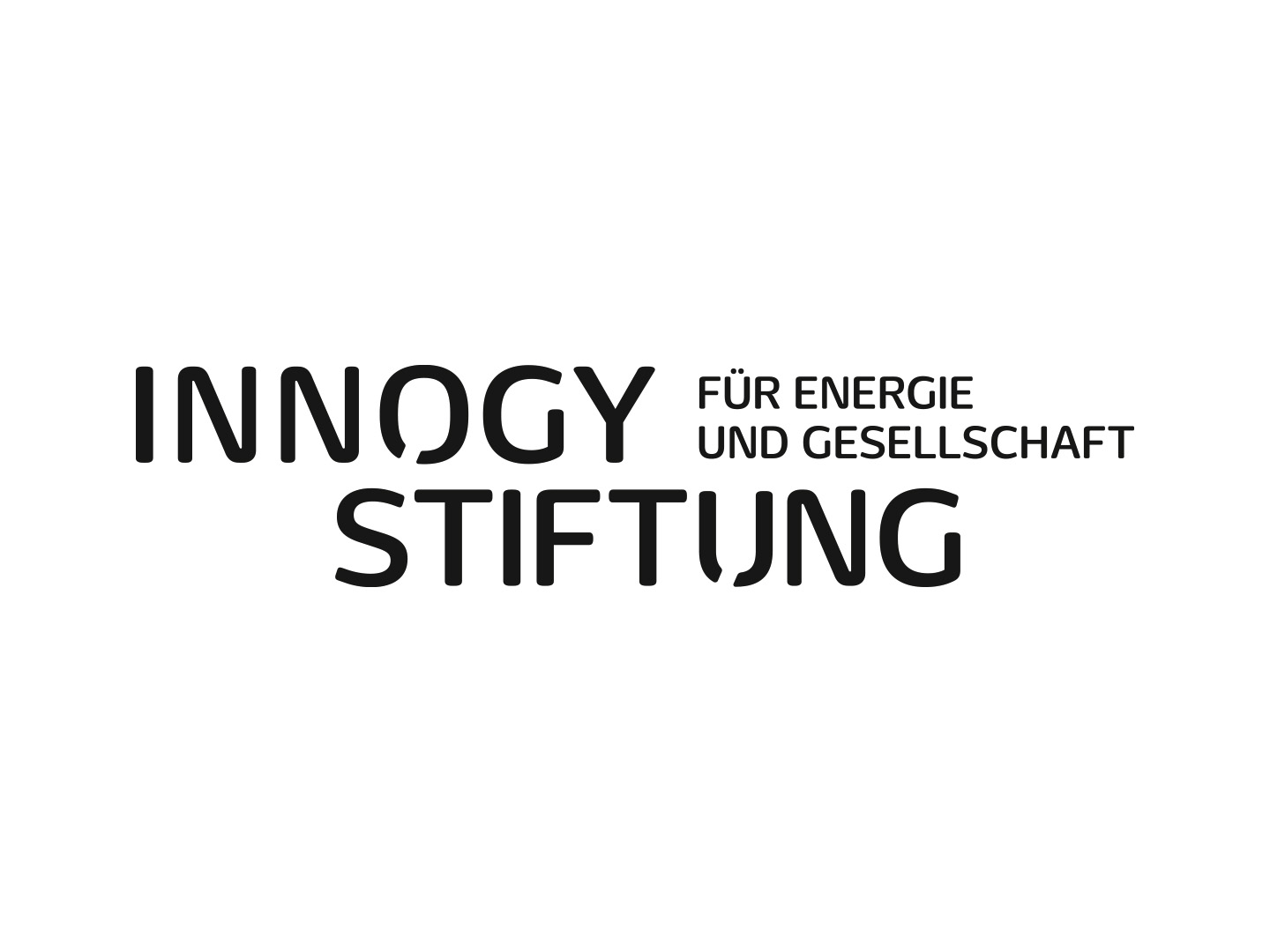Until now, politics and energy companies have determined and shaped the implementation of the energy transition. In this process, citizens were often regarded as mere energy consumers and not involved in the design and implementation process. However, the past few years have shown that this far-reaching project can only be achieved with broad support from society.
The e:Lab project sees citizens as key players in the energy transition process and actively involves them in participatory formats. The scientists and citizens pool their know-how in three project areas in order to discuss and further develop the future issues of housing, mobility and citizen participation in the context of the energy transition. The different energy topics have been dealt with in a practical and citizen-relevant way on the basis of these project focal points. The Dortmund “DEZENTRALE - Community Laboratory for Future Issues” served as the meeting place for the e:Lab project. The Fraunhofer Institute for Environmental, Safety and Energy Technology UMSICHT set up the open workshop as a meeting place for interested citizens who wanted to learn about project topics or work directly on concrete energy technology developments and prototypes.
Project focus: Tiny House, Cargobike and Citizen Energy Council
e:Lab was designed as an open project and enabled voluntary participation by citizens through a variety of formats. In energy cafés held several times a year and in weekly energy workshops, participants were able to debate energy topics and develop and implement concrete project ideas. In order to deal with the topics in a practical way, each thematic focus is assigned a specific project that the citizens have dealt with.
Tiny House
The topic of housing plays a significant role in the energy transition. The project focus was to find out how energy consumption in the residential sector can be reduced. The participants also discussed the possibility of energy self-sufficient living based on modern energy technology. The Tiny House served as an experimental platform here and was well suited to illustrating energy generation and consumption in a small format.
E-Cargobike
The excessive use of energy and resources through car use and the resulting environmental pollution, due to the high CO2 emissions, also represented a central project focus. e:Lab took up the concept of cargo and electric cargo bikes and discussed how they can be used for urban freight transport. In numerous workshops, the participants discussed the advantages of the so-called e-cargo bike as a means of transport and learned how solar-powered electric mobility can also be achieved outside of industrial processes to reduce one's CO2 balance on a local level.
Citizens' Energy Council
The third main topic of e:Lab dealt with forms of participation of citizens in relation to the energy transition. The participants evaluated which forms of participation are suitable to embed them in a city-wide energy discourse.
In the course of the change of citizens from pure energy consumers to so-called "makers", the foundation of a “citizen energy council” has been discussed on a local level. Together, the e:Lab community developed ideas on how concrete opportunities for citizens to participate in the energy transition could look in the future.
 Fraunhofer Institute for Environmental, Safety and Energy Technology UMSICHT
Fraunhofer Institute for Environmental, Safety and Energy Technology UMSICHT